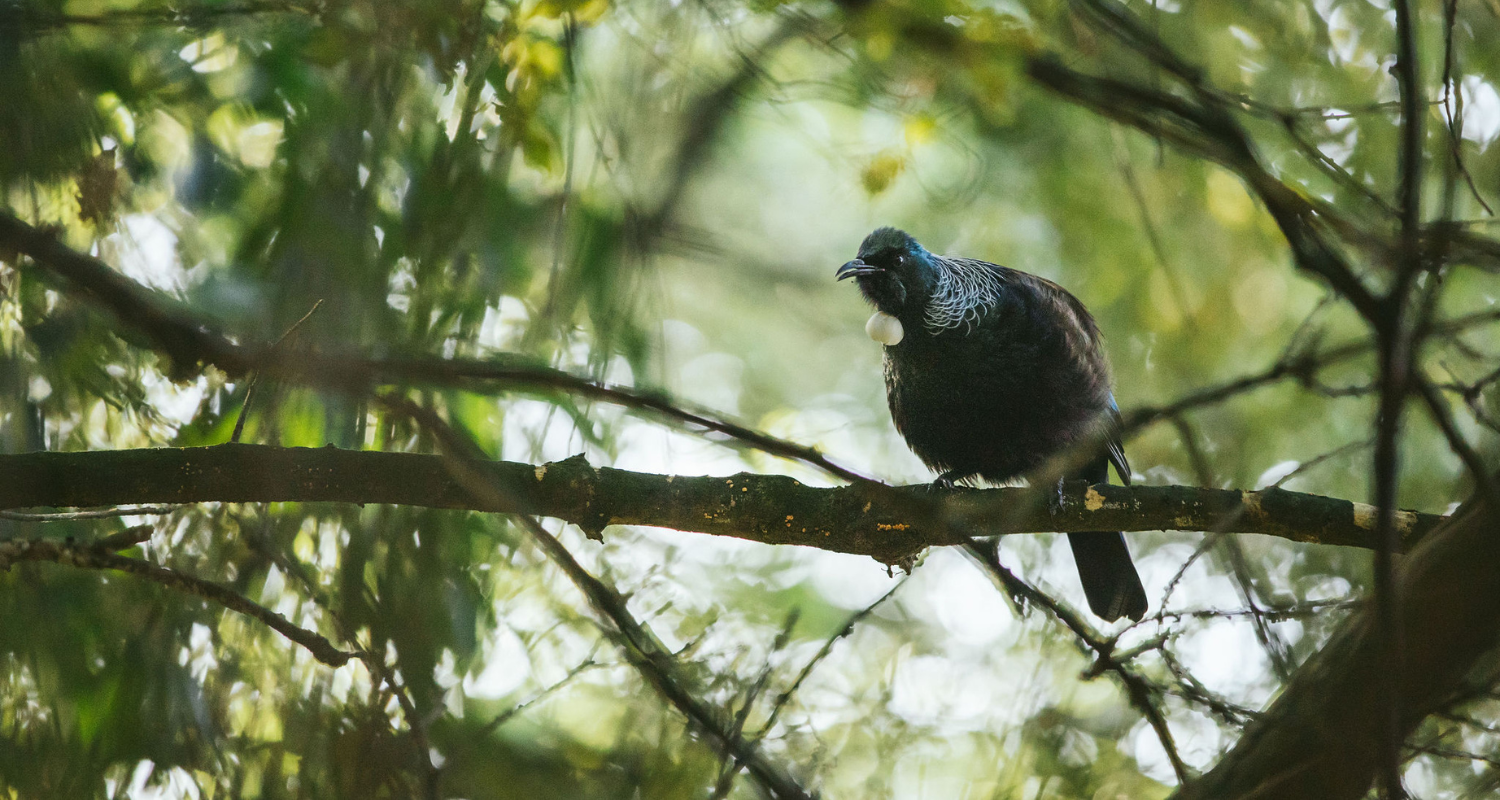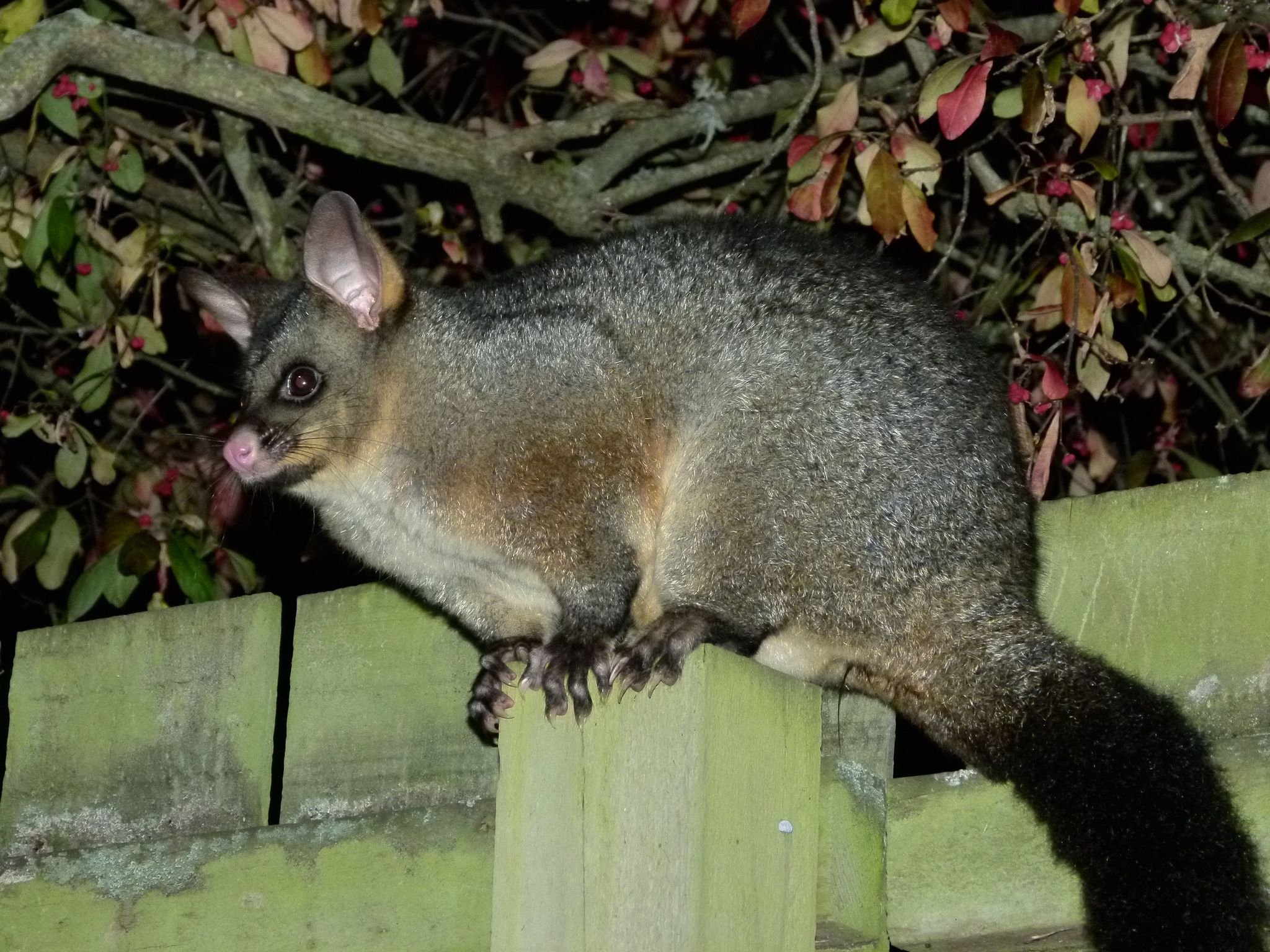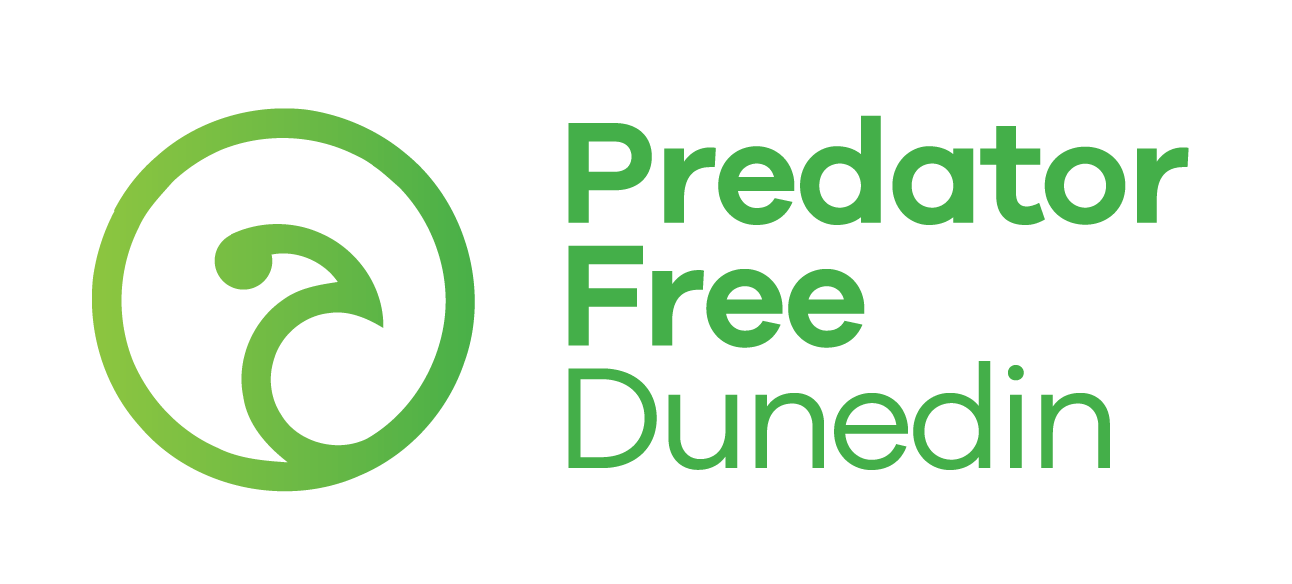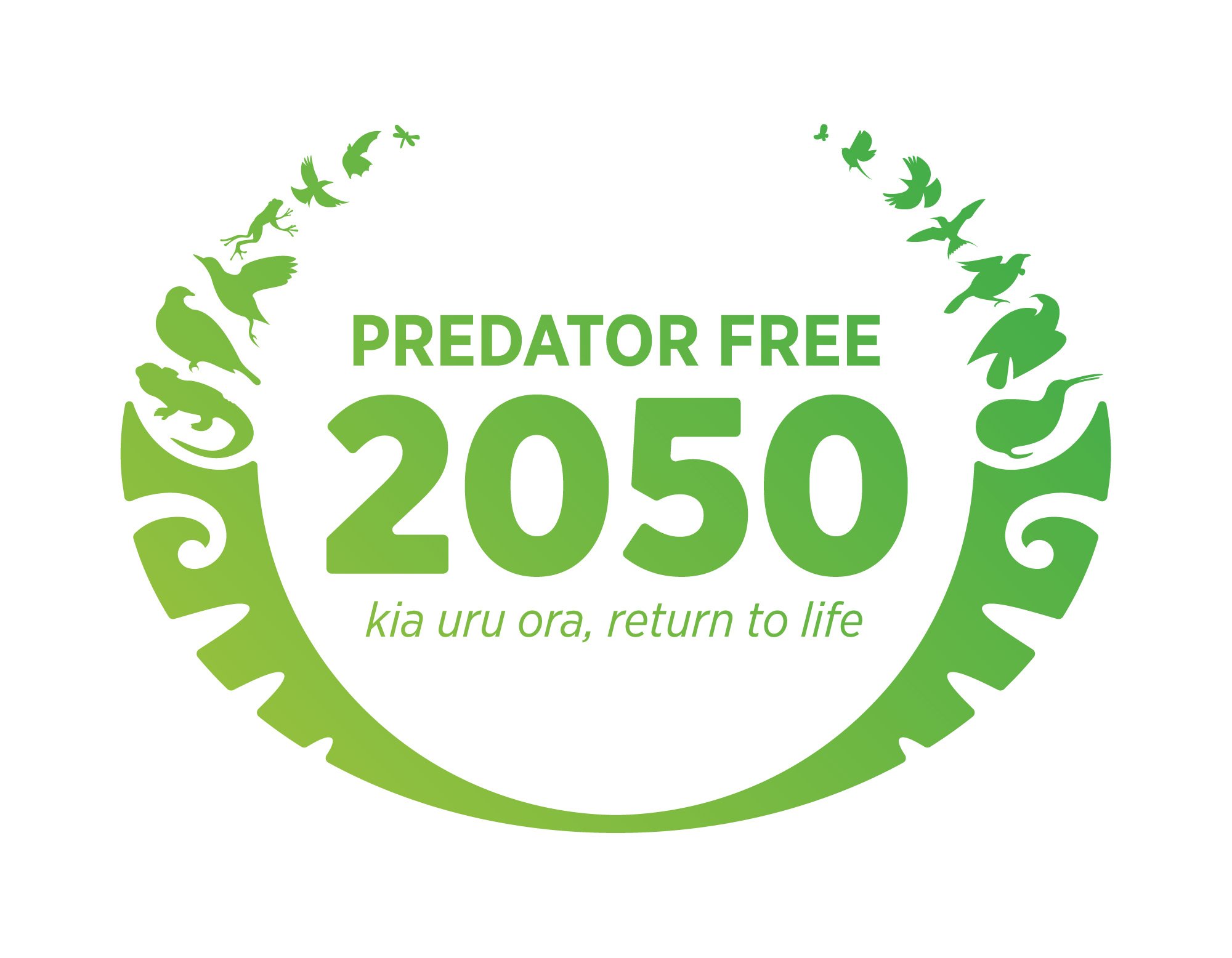
Our project
Working together to protect native wildlife.
City Sanctuary is one of three Predator Free Dunedin projects working together to reduce the threat of possums and other pests on our city’s native wildlife.
Our operating area spans more than 8,000 hectares and includes many of Dunedin’s suburbs and urban reserves. Our aim is to reduce possums to very low numbers in key parts of the city to protect native wildlife and prevent the surrounding landscapes of The Halo Project and Predator Free Peninsula being reinvaded.
City Sanctuary’s area lies across more than 32,000 properties, extending from North East Valley to South Dunedin, across to Brighton and Chain Hills. By working together we can end the threat of introduced predators and make our city a place where endless birdsong is enjoyed by everyone.
Current target areas
Click the different areas on the map to see where we’re currently working and when we’ll be in your suburb.
Backyard trapping for possums
Backyard trapping is a key part of reducing possum numbers and goes hand-in-hand with trapping in public reserves and parks.
We provide possum traps, resources, and support to help residents in important locations become involved. Rat and mustelid (stoats, ferrets and weasels) traps are also available.
All our traps are safe to use around kids and pets, and have passed humane testing to ensure predators pass away quickly.
Possums have a highly destructive impact on native forests and eat more than 200 different New Zealand plants. They are also known to eat eggs and chicks of birds.
Gardens make up 36% of Dunedin’s residential area and are collectively the largest area of green space within the city. With more than 32,000 rate paying properties in our operating area, residents are a integral part of achieving low predator numbers.
Hundreds of backyard trappers are already helping create safe sanctuaries on their properties across Dunedin. Can you help?
Backyard legend
Ian is one of our backyard trappers in Helensburgh and has rallied his neighbours together to protect their patch.
Parks and reserves trapping
We have hundreds of possum, rat and mustelid traps covering some of Dunedin’s most important urban parks and reserves.
City Sanctuary trap lines span from Chingford Park to Ross Creek Reserve and Signal Hill, down through the Botanic and Woodhaugh Gardens, spreading along the Town Belt to Jubilee Park and bushy areas in Caversham.
These green areas are home to precious native species such as kererū, tūī and bellbirds/korimako. Reducing predators to low numbers will allow the bush to regenerate and birds to raise chicks safely.
These areas also provide a safe flight path for birds to move into the city from Orokonui Ecosanctuary, and we anticipate bird numbers will increase as predators are kept at low levels.
We are installing more trap lines in parks and reserve land as we move into new suburbs, going hand-in-hand with backyard trapping.
-
Botanic Garden
Woodhaugh Gardens
Jubilee Park
Signal Hill
Chingford Park and Chingford Bush
Ross Creek Reserve
Dalmore Reserve
Frasers Gully
Town Belt
Craigieburn Reserve
Prospect Park
Sidey Park
Caversham Recreation Reserve
Second Beach
-
Traps do not contain any toxins and are designed to kill predators humanely. Traps are set and baited to protect domestic pets from accessing them. If you have any concerns about traps, please contact us at info@citysanctuary.nz
Partnering with others
It will take a whole of community approach to reduce the number of introduced predators within the city. We love working with community groups, schools, and local projects to help them to get involved in predator control. We provide technical advice, support, and best practice predator control guidance to help other conservation initiatives make a difference.
If you’re an organisation, group or school in Dunedin City wanting to get involved with City Sanctuary’s work, please get in touch.
Groups we work with…













